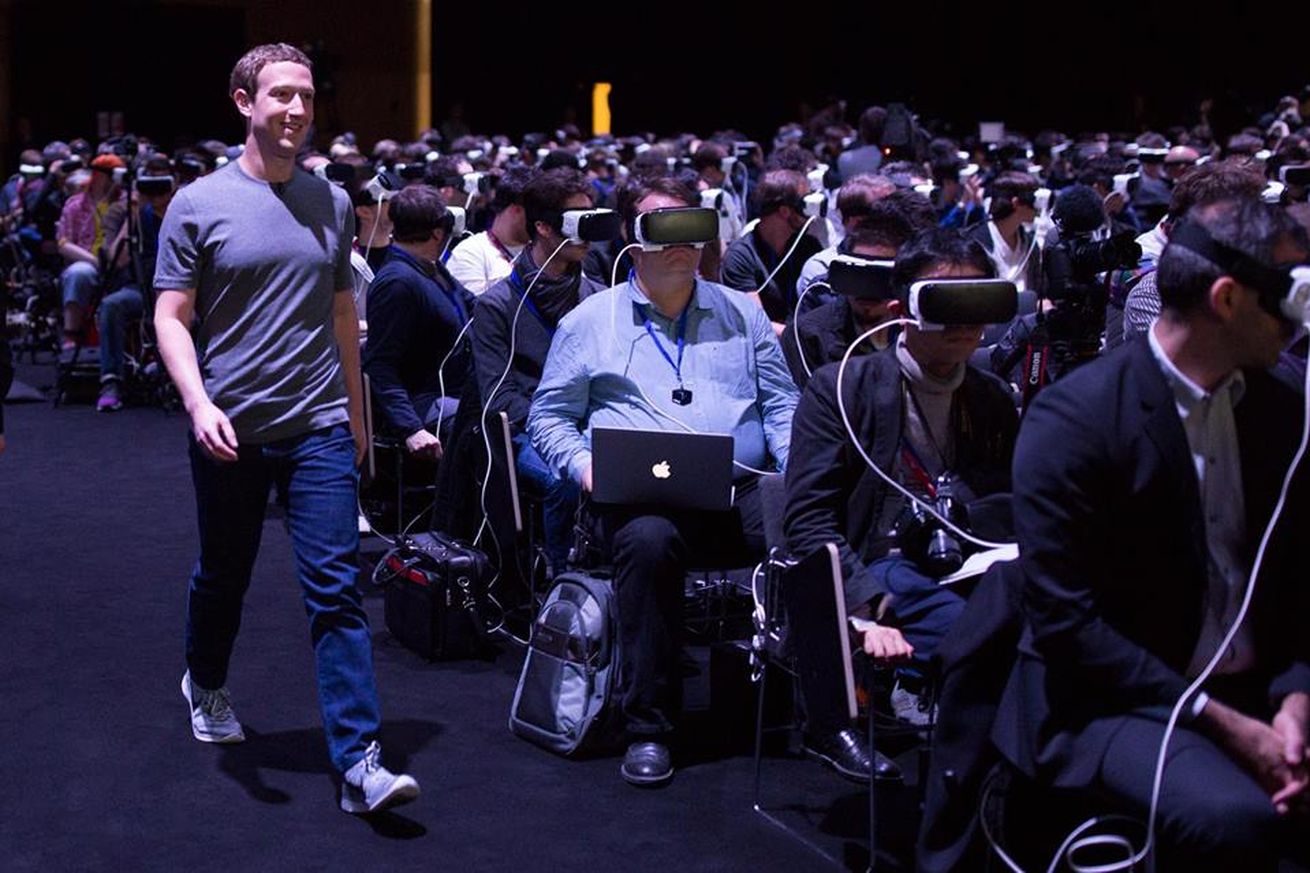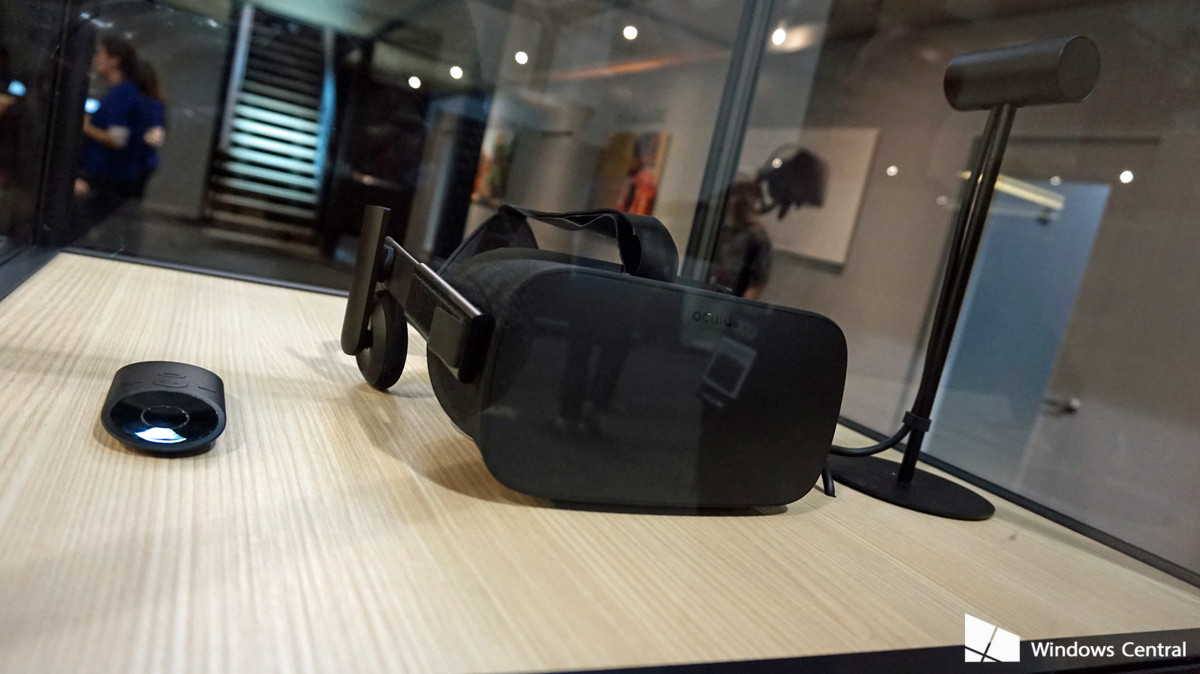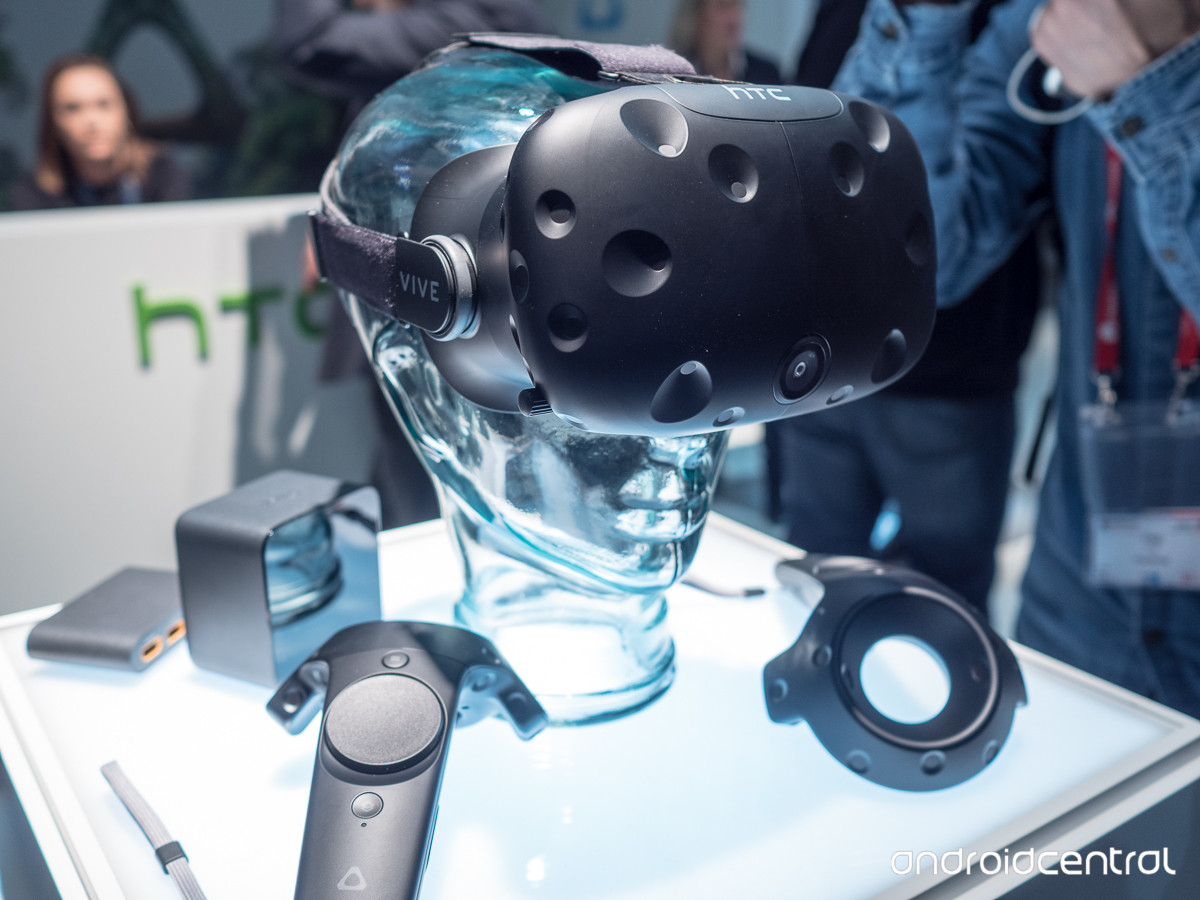Apple lives in a real world, not a virtual one

Every year, there's another Apple must [insert latest technology trend here] or they are doomed. This is followed by a Wall Street analyst predicting Apple's entry into the [insert latest technology trend here]'s market, and the [insert latest technology trend here]'s introductory price, and market share. This year's [insert latest technology trend here] is virtual reality.
There are always rumors of Apple building a large team and filing patents devoted to [insert latest technology trend here] as well. No one can enter any market (or decide not enter a market) without a large research effort. It's not surprising to think Apple invests a lot of time exploring many things, some that may be the future and some that will forever remain in the lab. It's how you get the thousand nos for every yes.
Virtual Realities
When it comes to Apple and VR rumors, the drivers are the extremely hyped Oculus finally shipping to consumers, the coming of the HTC Vive, and the ongoing fascination of Samsung's Gear VR. It's easy to see why some may feel Apple simply must get into the same game, and the sooner the better. But there are a few problems with this kind of analysis.
The term 'virtual reality' was coined by Jaron Lanier in 1987. There have been any number of efforts to productize the concept for consumers, from the Mattel Power Glove, to Nintendo's Virtual Boy and, yes, even Apple's QuickTime VR. They all shared one thing in common: They were interesting curiosities. None went mainstream, and none became runaway successes. There was simply too large a gap between cool demos, customers expectations, and what the products delivered.
That was then, so what about now?
Hardware is still expensive

The entry price for an Oculus is $1,500 (that includes the PC — not Mac — you need to run it and the device itself). That's a pretty strong investment for consumers. There is the $99.00 Samsung Gear VR, but that works with only a few models of Galaxy devices — not iOS — and is fairly low quality. The cheapest device, Google's Cardboard, is cute but as useful as a 3D View master, perhaps less so. Price and value are still way out of sync.
Technology is still bleeding edge

Assuming you're willing to invest in a state of the art system, you're still getting a first-generation system. You're going to be tethered to a PC, have limited motion, and likely get fatigued in a relatively short time. One day there might be a lightweight, all-in-one device, crystal-clear HD device that doesn't need a PC, but we're not there yet.
iMore offers spot-on advice and guidance from our team of experts, with decades of Apple device experience to lean on. Learn more with iMore!
The problem being solved is still unclear

VR has an incredible WOW factor and makes for a great demo. Of all the applications it can enable, however, the only one that's currently close to being delivered is entertainment. Impressive, immersive, and downright cool games and experiences. Because of the price and the technology required, however, they're currently limited to the niche, not the mainstream. Until applications, availability, and access become broader, VR will remain in that niche.
Apple and VR
Apple was not an early entrant into the MP3 player field. Apple was not the first vendor to deliver a smartphone or tablet, and Apple didn't bring the first digital stylus to market. Apple only entered those markets when both the technology had evolved to the point where cost, maturity, and function were in alignment. When those things occur, Apple is in the position of doing what it does best: Educating the market about how technology can be used in ways that really matter to them.
Some might point to things as such as the Edition version of Apple Watch or even Mac Pro as examples of Apple entering niche markets. There's an important distinction between extending a market that Apple's already in — such as watches or personal computers — with narrowly focused SKUs versus entering new niche markets. Apple has long pushed the edge in existing markets to tee up the future. For example, MacBook Air began life as a very niche product (much like today's MacBook) but ultimately it led to incredibly popular mainstream products.
Today's VR products aren't even close to meeting that criteria. Yet.
Coming soonish
There are a few technologies that are always five years out. Things such as 100% perfect handwriting recognition... or a really good Star Trek game. They're always coming but never quite here.
VR has been part of that club for the last thirty years. When, and if Apple does bring a VR product to market it will look very different from anything we've seen before or see today. That kind of leap is what Apple looks for prior to making things that are virtual into reality.
And it's what Apple will look for before bringing VR to any of the company's products.
Mark Zuckerberg image via Facebook
I’ve covered the personal technology beat for more than two decades at places like Gartner, Jupiter Research and Altimeter Group. I’ve also had the fun of contributing my $.02 on the topic at Computerworld, Engadget, Macworld, SlashGear and now iMore. Most recently I spent a few years at Apple as Sr. Director of Worldwide Product Marketing. On Twitter I’m an unverified @gartenberg. I still own some Apple stock.

